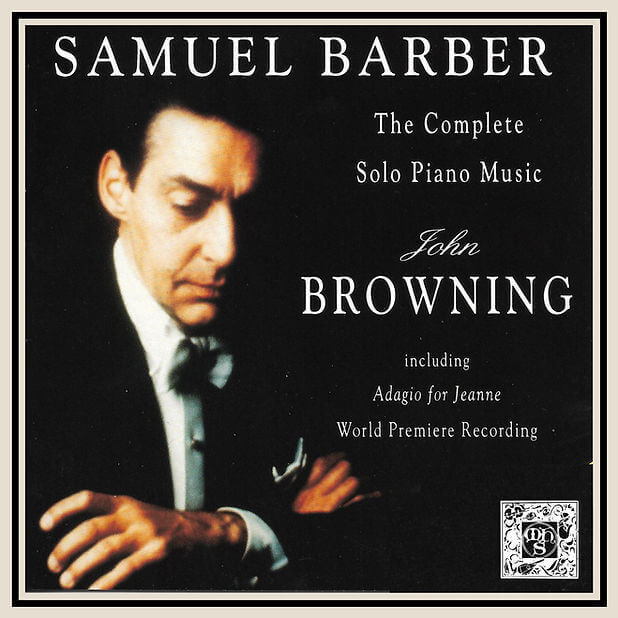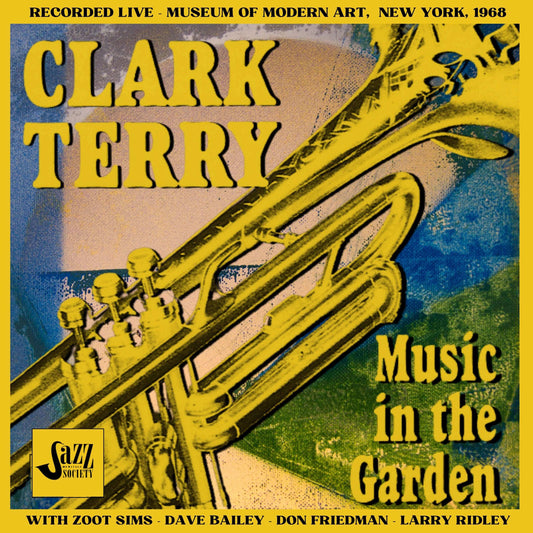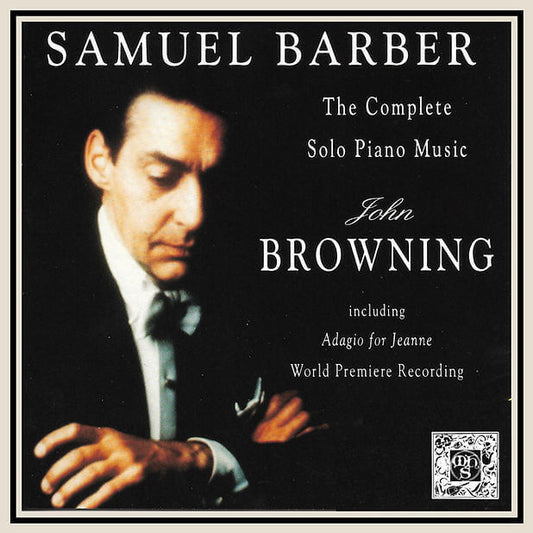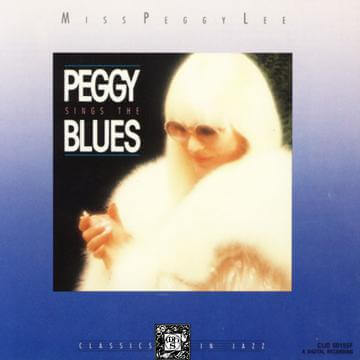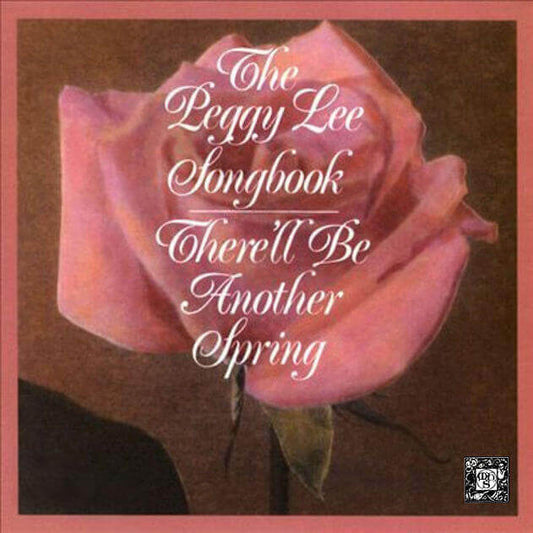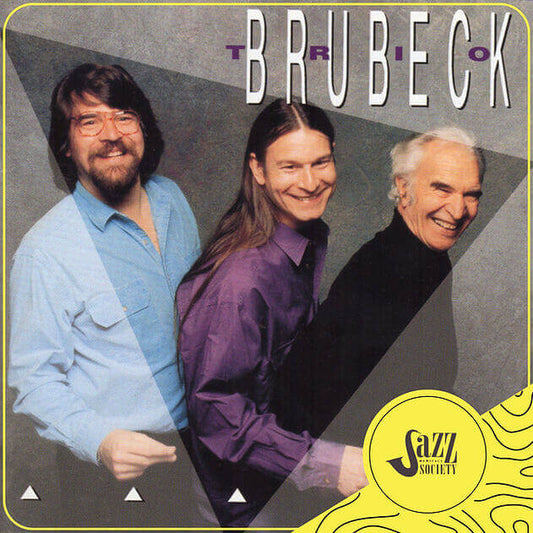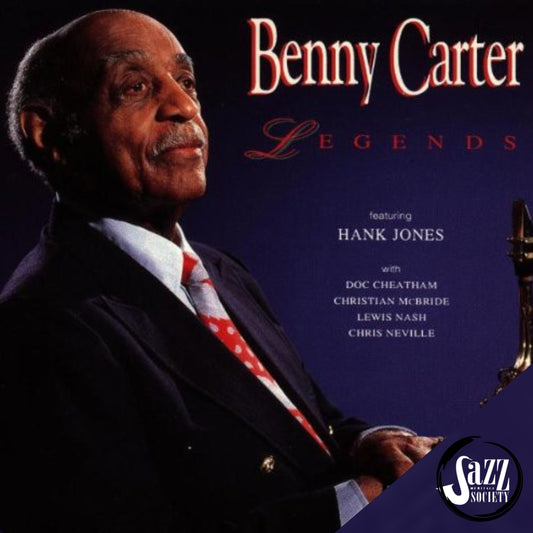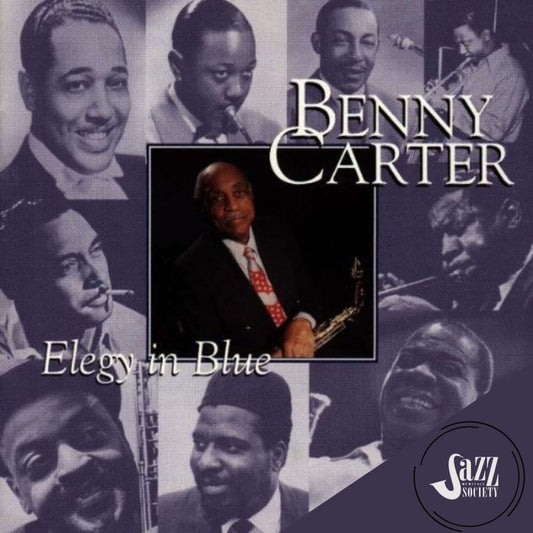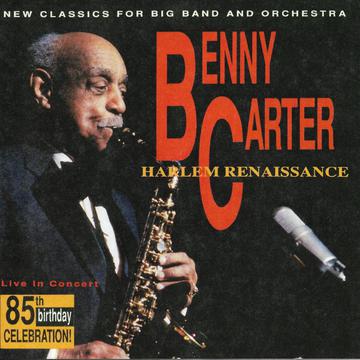John Browning was often described as Barber's "favorite" pianist; he was the dedicatee and first performer of Barber's Piano Concerto (1963), the work that won Barber his second Pulitzer Prize. Browning recorded Barber's concerto twice and also recorded the Piano Sonata (1949) separately for Desto in 1971 before recording what Browning regarded as the whole, legitimate piano solo cycle for Musical Heritage Society in 1993. No two recorded collections of Barber's piano music, even those designated as "complete," have the same contents; in this case, Browning decided to forgo the piano solo incarnation of the four-hand Souvenirs, Op. 28 (1952), though he added, for the first time, the first of Barber's two early Interludes, "Adagio for Jeanne" (1932)..."Favorite" or not, it is clear that Browning's interpretations are authoritative.
Samuel Barber: The Complete Solo Piano Music is a superlative effort overall and is a milestone recording of a cycle now considered central to twentieth century American piano literature. --All Music Guide
This is well worth having on the shelf both as a reminder of a great pianist and as an example of some of the most refined piano music to come out of America in the 20th century. --MusicWeb International
This is well worth having on the shelf both as a reminder of a great pianist and as an example of some of the most refined piano music to come out of America in the 20th century. --MusicWeb International
Performers


